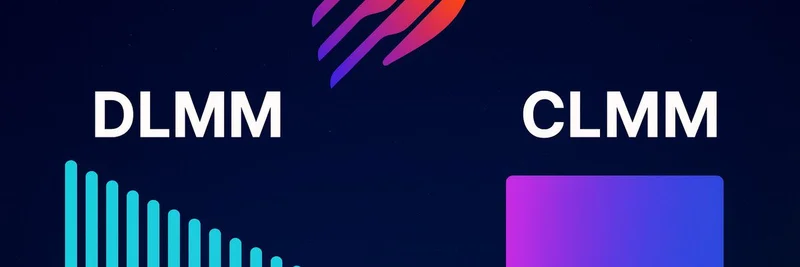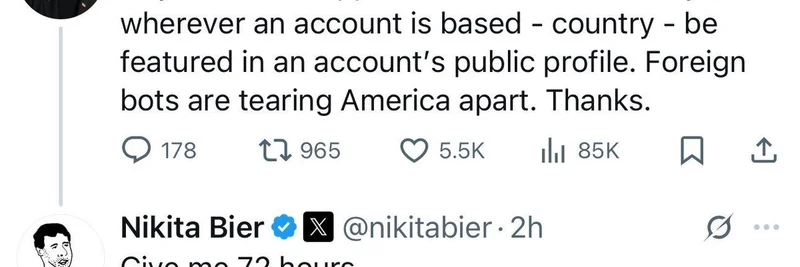The crypto world is buzzing with change, and if you're into meme tokens or just keeping up with blockchain vibes, you've probably noticed how token distribution is evolving. A recent episode of The Chopping Block podcast, hosted by industry heavyweights like Haseeb Qureshi and Tom Schmidt from Dragonfly, Tarun Chitra from Robot Ventures, and Robert Leshner from Superstate, breaks it all down. Posted on X by @_choppingblock, this episode declares "airdrop szn is over," signaling a potential pivot that could shake up how meme projects launch and grow.
Let's unpack what they covered, starting with the drama around ICOs making a comeback. For those new to the term, ICO stands for Initial Coin Offering—think of it as a crowdfunding method where projects sell tokens directly to investors, often at a fixed price. The hosts highlight recent moves by projects like Monad and MegaETH, which are ditching traditional airdrops in favor of ICO-style sales. Why? Airdrops, those free token drops meant to reward users and build communities, have become a playground for "farmers" who game the system without adding real value.
Take the ICOBeast saga as an example. This investor tried hedging their allocation in MegaETH's sale by shorting related assets, but it backfired spectacularly. The team revoked their spot, sparking debates on who qualifies as a "good" buyer. The podcast crew argues that airdrops often attract parasites—bots and sybils (fake accounts) that inflate numbers but deliver zero loyalty. In contrast, ICOs let teams vet buyers, fostering better alignment for long-term success. For meme token enthusiasts, this could mean fewer freebies but more sustainable projects, as communities might need to buy in rather than farm.
Shifting gears to Uniswap, the decentralized exchange giant is "UNIfying" its ecosystem. Uniswap Labs and the Uniswap Foundation are merging, turning on protocol fees, and burning 100 million UNI tokens. UNI is Uniswap's governance token, and this move consolidates value accrual, making it the go-to asset for holders. Post the Gary Gensler era at the SEC, protocols feel freer to implement real economic models without regulatory paranoia. The hosts praise this as a "new meta" for tokenomics, where simple structures avoid the pitfalls of split incentives between equity and tokens.
If you're building or trading meme tokens on Uniswap, this unification could mean more fees flowing back to UNI holders, potentially stabilizing the platform. It's a win for DeFi natives, but it raises questions: Will meme launches adapt by incorporating similar fee mechanisms to reward their communities?
Then there's the wild MEV bot trial, dubbed the "low carb crusader" case. MEV, or Maximal Extractable Value, refers to the profit bots make by reordering transactions on blockchains—like sandwich attacks where they front-run trades to skim profits. In this trial, bots sandwiching other sandwichers led to a hung jury, with jurors reportedly in tears over the complexity. Prosecutors are pushing for a retrial, but the hosts question why obscure MEV antics get courtroom drama while obvious scams like rug pulls skate free.
This segment hits home for blockchain practitioners, as MEV affects everyone using Ethereum or similar chains. For meme tokens, which often see wild volatility, understanding MEV can help avoid getting sandwiched in trades. The podcast emphasizes how these legal battles could set precedents for what's fair game in crypto.
Overall, this episode is a must-listen for anyone in the meme space looking to level up their knowledge. With airdrops fading, ICOs rising, and regulatory clouds lifting, tokenomics is resetting. Check out the full episode on YouTube, Spotify, or Apple Podcasts to dive deeper. As meme insiders, staying ahead of these shifts could be the edge you need in this fast-paced world.


